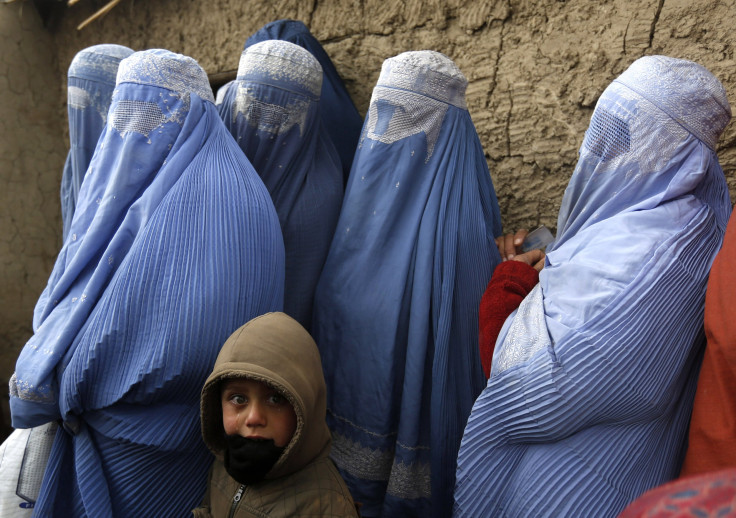Burqa Ban USA: Georgia Anti-Burqa Bill Withdrawn As Lawmaker Says He Wanted To 'Test The Waters'

A Georgia legislator decided Thursday to withdraw a proposed bill that would bar women from wearing burqas on public property in the state.
State Rep. Jason Spencer’s measure would have prohibited burqas at driver’s license facilities or while driving, the Atlanta Journal-Constitution reported. The bill also appears to equate the burqa — a garment that envelops a woman’s body and hides everything except her eyes, hands and feet — with the Ku Klux Klan’s hood.
“The government has no business preventing Muslim women from wearing face scarves in public,” Senate President Pro Tem David Shafer of Decatur said in a radio interview with WGAU 1340 in Athens, Georgia. “Too many people on both sides of the religious freedom debate only want to protect freedom when it comes to their own beliefs.
“Freedom is a meaningless concept if it does not apply to all beliefs, even the ones, especially the ones, you do not share.”
Spencer said his motivation was to "test the waters" when he prefiled the bill earlier this week and issued a statement saying he was withdrawing the measure because of political opposition.
“While this bill does not contain language that specifically targets any group, I am mindful of the perception that it has created,” Spencer said. “My objective was to address radical elements that could pose a threat to public safety. However, further consideration dictates that other solutions will need to be considered.”
Covering one’s face has been banned in a number of countries for fear terrorists will use the garments to hide explosives and other weapons. They include France, Belgium, Turkey, Netherlands, Switzerland, Italy, Spain, Chad, Cameroon, Niger and Democratic Republic of Congo.
Emirateswoman.com reported fines for defying a ban can be onerous, citing a nearly $32,000 fine imposed on an Italian citizen of Albanian descent, who refused to remove her niqab for an identity check at a youth parliament meeting in Italy.
Ironically, the Islamic State group, which insists on strict adherence to its interpretation of Muslim law, banned the burqa in September in Mosul from security zones after fully veiled women killed a number of ISIS commanders, al Alam News Network reported.
© Copyright IBTimes 2025. All rights reserved.






















